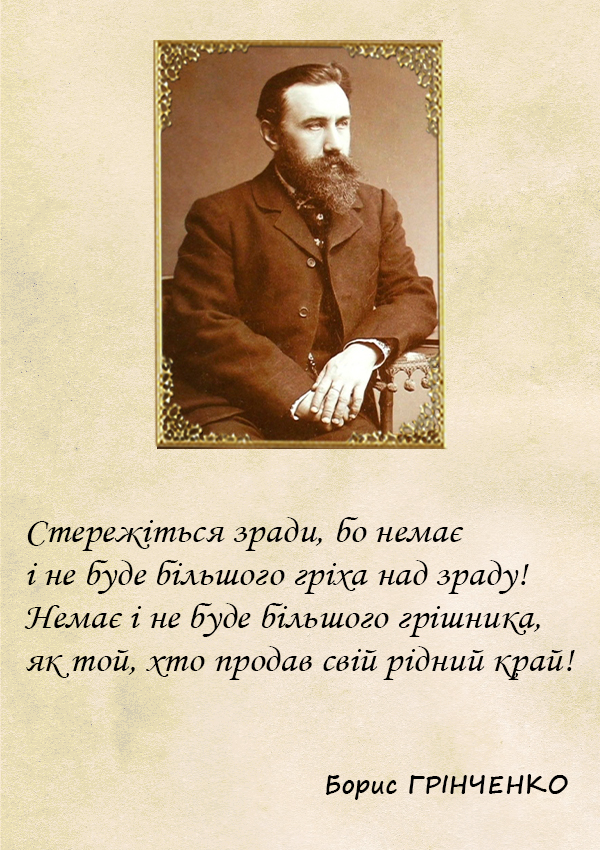
(book review)
Serhiy Zhadan’s ‘The Orphanage’ is a poignant and deeply evocative exploration of life amidst the chaos of war. Set in eastern Ukraine during the height of the conflict, this novel delves into the psyche of ordinary individuals grappling with extraordinary circumstances. It’s not just a war story; it’s a journey through the fractured landscapes of identity, morality, and survival.
The plot revolves around Pasha, a middle-aged teacher who embarks on a perilous journey to retrieve his nephew Sasha from an orphanage located in a war-torn town. What follows is a three-day odyssey that brings Pasha face-to-face with the stark realities of war—checkpoints, snipers, and displaced civilians—forcing him to confront not only his fears but also his apathy and complacency.
One of the novel’s greatest strengths is Zhadan’s prose, translated masterfully by Reilly Costigan-Humes and Isaac Stackhouse Wheeler. His language is both poetic and visceral, capturing the bleakness of the environment and the fragile humanity of its characters. For instance, Pasha reflects: “The city seemed to be waiting, its empty streets filled with the silence of the dead and the whispers of the living who hadn’t yet learned how to carry their silence.” This sentence encapsulates the haunting atmosphere that permeates the novel, a constant reminder of the war’s toll on both the physical and emotional landscapes.
Zhadan excels at portraying the complexities of human nature under pressure. Pasha is not a heroic figure; he’s an everyman—confused, indecisive, and flawed. This relatability draws readers into his world, making his experiences feel personal. The novel also sheds light on a region and conflict often overlooked in global discourse. Zhadan doesn’t simplify the issues or provide easy answers; instead, he presents a mosaic of perspectives, showing how war disrupts lives in ways both profound and mundane. The pacing of the narrative is another highlight. The three-day timeline creates an intense, claustrophobic atmosphere, mirroring the urgency of Pasha’s mission.
However, ‘The Orphanage’ is not without its challenges. The book’s episodic structure can feel disjointed at times, with certain scenes meandering or lacking resolution. While this may reflect the unpredictability of war, it can frustrate readers looking for a more cohesive narrative arc. Additionally, the novel’s heavy focus on atmosphere and internal monologue may not appeal to those who prefer action-driven stories. Zhadan’s writing demands patience and reflection, which might not suit all tastes.
‘The Orphanage’ is a deeply moving and thought-provoking novel that shines a light on the human cost of war. Zhadan’s ability to blend poetic beauty with raw realism makes this a standout work in contemporary Ukrainian literature. While its fragmented structure may not appeal to everyone, the emotional depth and social relevance of the story more than compensate for its shortcomings.
Rating:4.5/5
This is a book that lingers long after the final page—a testament to the resilience of the human spirit and the enduring power of literature to make sense of our most challenging times. For anyone seeking to understand the personal and societal impacts of war, ‘The Orphanage’ is an essential read.


























































Залишити відповідь